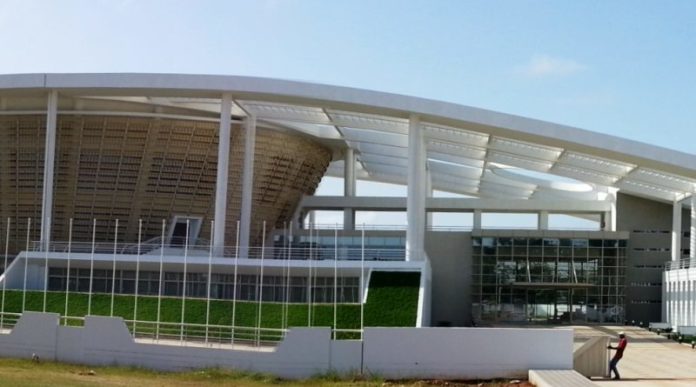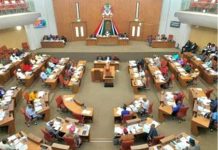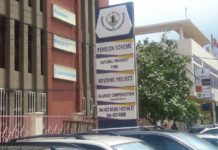By Awa B. Bah
The national assembly select committee on public Enterprise PEC Tuesday 6th November 2018 considered and adopted the 2015-2016 financial and activity report of the Gambia Bureau of Statistics at their complex in Banjul.
It could be recalled that GBoS appeared before the public enterprise of the national assembly to lay down their financial and activity reports of 2015 and 2016 for consideration and adoption as required by PEC. Since then, there has been a series of consultations and debates between PEC, GBOS and the national audit office as errors and unexplained activities were spotted.
In his summarized verbal address, the chairperson of PEC Halifa Sallah noted that section 13 of the Act establishes the functions of the board; that PEC is supposed to examine the activity report and financial statements for the years under review based on authenticated facts as required by the Act. He said that their duty is to waive what is presented to them by examining the expenditures to see what constitute their possibilities so that they will be able to make concrete recommendations that will add value to the development of the bureau.
He referred to section 13 of the Act which indicates that the bureau is the principal body responsible for collecting and implementing statistical data, and the monitoring and evaluation of national statistical systems. It is also responsible for cooperating and dissemination of statistics needed for central economic management, as well as carry statistical collection for all national activities. For the purpose of performing its functions, Sallah said the bureau is required to be the principal source for all official statistics.
According to the reports, they have audited the accompanying financial statements and related notes of GBoS comprising receipts and payments for the years ended 31st December 2015 and 2016. They noted that the financial statements and related reports were fairly presented in all material respects in the consolidated statements of receipts and payments of the GBoS. They added that they have conducted the audit in accordance with international standards on auditing, including the examination on a test basis of evidence relevant to the amounts and disclosures in the financial statements. They noted that the financial statements are free from material misstatements mainly caused by error, fraud or other irregularities. In forming their opinion, they concluded that they have evaluated the overall adequacy of the presentation of all the information in the financial statements for the periods under review.
In their detailed activity reports undertaken by the GBOS for the years ended 31st December 2015 and 2016, the staff and management said that during the period under review, GBoS continued with its routine activities and implemented activities related to the ad-hoc studies. These routine activities according to them include data collection, processing, analyzing, dissemination of statistics on consumer prices, producer prices, government finance, national accounts, trade and transport.
With the ad-hoc studies, they reported that the bureau continued to implement the post enumeration activities of the 2013 population and housing census and the implementation of the 2015/2016 integrated household survey, with phase two of the 2014/2015 economic census.
According to their report, since its establishment by the Statistics Act of 2005, the bureau continued to recruit more staff particularly in the professional cadre to meet the staff requirement under the new structure which has significantly addressed the huge capacity gap.
They said that the realisation of the objectives of the bureau and the implementation of the year 2015/2016 were constrained by the budget approved for the bureau annually. They created data gaps in the as many activities were not implemented.
The bureau however recommends that in as much as the government appreciates the importance of statistics in national and sectoral planning, it should appreciate the fact that production of real-time reliable data is costly and should endeavour to meet such expenditures. They called on the government to allocate more resources not for GBoS but to major statistical operations undertaken by sectors such as agriculture, health and education.




















